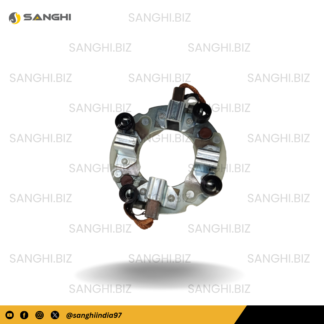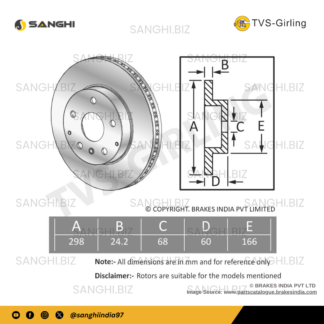Tips for Winter Car Maintenance and Safe Driving
Winter driving can be challenging and hazardous due to cold temperatures, snow, ice, and reduced visibility. To ensure your safety on the road during the cold season, it’s crucial to prioritize winter car maintenance and adopt safe driving practices. In this blog post, we’ll share essential tips for both car maintenance and driving in winter conditions.
Winter Car Maintenance Tips
- Check Your Tires:
– Install winter or snow tires for improved traction.
– Ensure tires are properly inflated; cold weather can cause tire pressure to drop.
– Consider getting tire chains for extreme conditions.
- Test the Battery:
– Cold weather can be tough on car batteries, so have yours tested to ensure it’s in good condition.
– Clean battery terminals to prevent corrosion.
- Change the Oil:
– Switch to a winter-grade oil that flows more easily in cold temperatures.
– Check the oil level regularly to ensure it’s at the appropriate level.
- Maintain Fluid Levels:
– Check and top off antifreeze/coolant to prevent freezing.
– Keep windshield washer fluid reservoir full with a winter-rated formula to prevent freezing on the windshield.
- Inspect Brakes and Lights:
– Ensure your brakes are in good working condition.
– Verify that all lights, including headlights, taillights, and turn signals, are functioning correctly.
- Replace Wipers:
– Install winter-rated wiper blades to improve visibility in snow and sleet.
– Keep the windshield washer nozzles clear of ice and debris.
- Carry an Emergency Kit:
– Prepare an emergency kit that includes items like a flashlight, blankets, extra clothing, non-perishable food, water, and a first-aid kit.
Safe Winter Driving Tips
- Slow Down:
– Reduce your speed to match road conditions. It takes longer to stop on snowy or icy roads.
- Increase Following Distance:
– Maintain a safe following distance behind the vehicle in front of you, allowing more time to react.
- Use Smooth Movements:
– Avoid sudden acceleration, braking, and steering maneuvers to maintain control of your vehicle.
- Avoid Cruise Control:
– Do not use cruise control in slippery conditions as it can hinder your ability to react to changing road conditions.
- Clear Snow and Ice:
– Remove all snow and ice from your vehicle, including windows, mirrors, lights, and the roof, before driving.
- Brake Gently:
– Use gentle, steady pressure on the brakes to avoid skidding. If you have anti-lock brakes (ABS), apply firm, continuous pressure.
- Be Cautious on Bridges and Overpasses:
– These areas tend to freeze first and can be especially slippery.
- Plan Ahead:
– Check the weather and road conditions before your trip and consider delaying travel if conditions are severe.
Conclusion
Winter driving demands extra caution and preparation. By following these winter car maintenance tips and adopting safe driving practices, you can reduce the risk of accidents and ensure a safer and more enjoyable winter driving experience. Remember that safety should always be your top priority when navigating the icy and snowy roads during the winter months.



